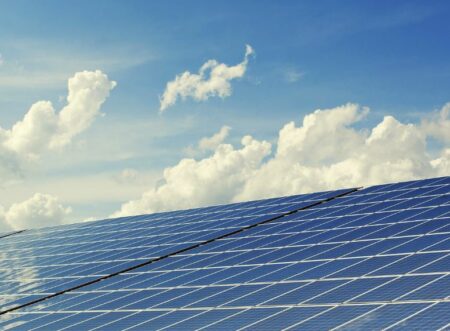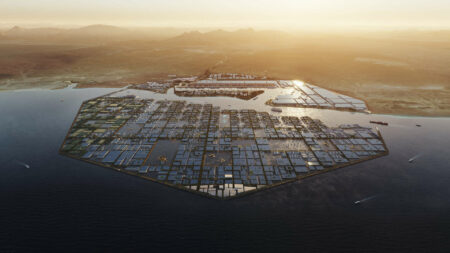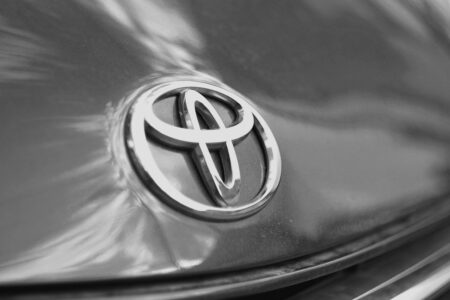The recent tripartite agreement among the Institute for Research in Solar Energy and New Energies (IRESEN), SATT Paris-Saclay, and the French Development Agency (AFD) marks a significant milestone in advancing decarbonized hydrogen technologies.
Browsing: Report
Germany’s rail network is undergoing a significant transformation as Deutsche Bahn (DB) explores hydrogen fuel cell technology to replace diesel locomotives on non-electrified routes.
BMW recently disclosed its decision to discontinue the development of hot hydrogen technology for passenger vehicles, citing inefficiencies and limited range as primary reasons.
The Fraunhofer Institute’s recent advancements in photoelectrochemical (PEC) technology present a fresh perspective on hydrogen production.
The world’s largest green hydrogen plant, located in Oxagon City, Neom, Saudi Arabia, is set to become a landmark in sustainable energy production.
The geopolitical landscape of energy supply has witnessed significant shifts in recent years, particularly for European nations. Italy, in the wake of its estrangement from Russia, has turned its focus towards Africa, emerging as a crucial energy partner for the European Union.
Germany’s push towards integrating green hydrogen into its energy portfolio has been highlighted by a recent study from Berlin-based think tanks Agora Energiewende and Agora Industrie.
In a pioneering effort to explore hydrogen’s potential in heavy vehicle transportation, the iMOVE project, in collaboration with Transport for NSW, ARRB, and Mov3ment, has concluded its comprehensive study.
Toyota has unveiled its latest endeavor in hydrogen fuel cell technology with the introduction of the Hilux prototype, marking a significant stride towards sustainable automotive solutions.
The Australian Hydrogen Council (AHC) recently convened in Canberra for the second Parliamentary Friends of Hydrogen meeting, emphasizing significant developments in the country’s hydrogen sector.












